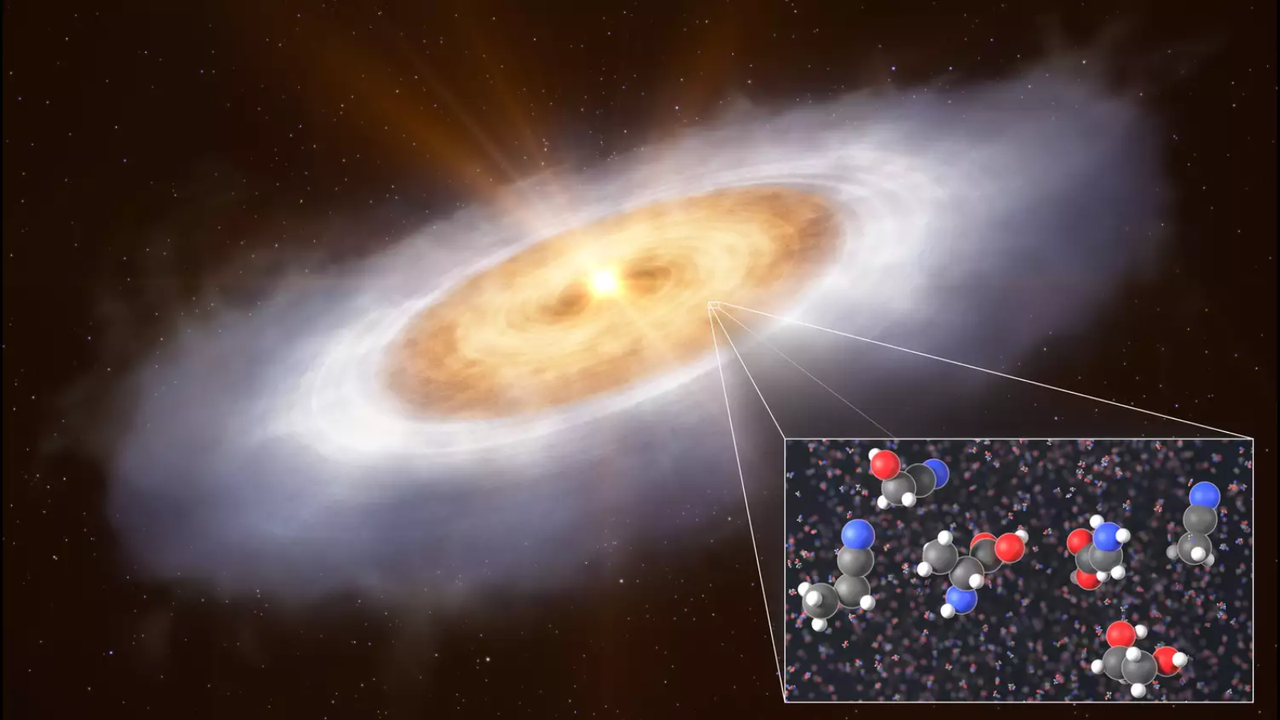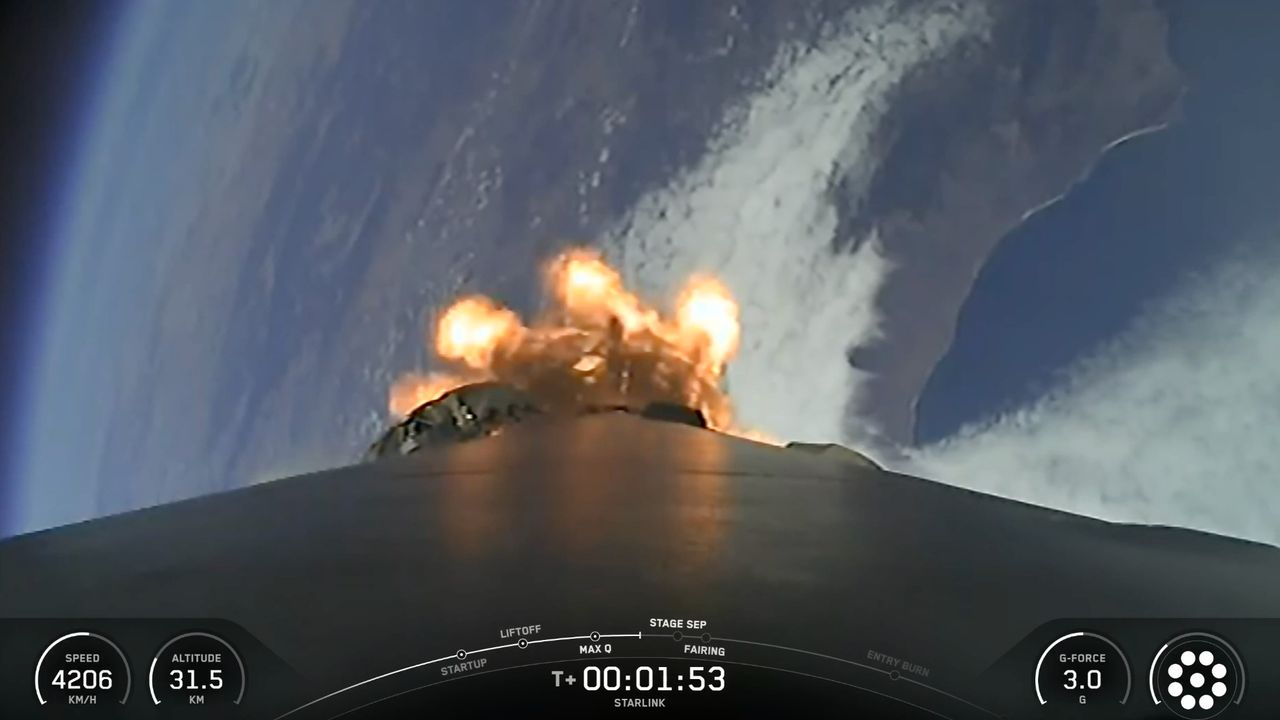Now Reading: Discovery of Complex Organic Molecules Spurs Questions on Life Beyond Earth
-
01
Discovery of Complex Organic Molecules Spurs Questions on Life Beyond Earth
Discovery of Complex Organic Molecules Spurs Questions on Life Beyond Earth

Quick Summary
- astronomers using the atacama Large Millimeter/Submillimeter Array (ALMA) in Chile detected 17 complex organic molecules in the protoplanetary disk of V883 Orionis, a young star 1,305 light-years away.
- Molecules include ethylene glycol and glycolonitrile, which are key precursors to amino acids and DNA/RNA components.
- The revelation challenges existing theories that life-building molecules form only later in planetary evolution, suggesting they may persist through early star formation stages and protoplanetary disks.
- Heating events like radiation bursts from falling material onto the star play a role in releasing these molecules from icy dust regions.
- Researchers posit this reinforces the idea that conditions conducive to life’s chemistry might be widespread across planetary systems.
Images featured:
- An illustration of a rogue planet creating gravitational lensing with an inset showing the Hubble Space Telescope orbiting Earth.
- Images of protoplanetary disks in various stages of formation around stars.
- ALMA radio telescope array beneath a starry sky.
Indian opinion Analysis
This discovery holds profound implications for astrobiology as it suggests that life-supporting chemical complexity can emerge earlier than previously thought during stellar system evolution. From India’s perspective as an emerging player in space exploration-evidenced by missions like Chandrayaan and upcoming interstellar programs-these findings underscore international efforts to unravel universal phenomena beyond Earth.
For Indian researchers and agencies like ISRO aiming to align with global scientific goals or expand astrobiological investigations, such insights into early-stage molecular processes provide valuable benchmarks for future studies on planetary formation within our own solar system or extrasolar environments. Understanding these chemical pathways could shape India’s contributions to missions investigating cometary bodies or outer planets where icy conditions harbor similar compounds.
Moreover, fostering research collaborations internationally would not only benefit India’s position but also deepen its commitment toward scientific inquiry into life’s origins-a cornerstone field tied closely to humanity’s existential questions about its place within the cosmos.
























